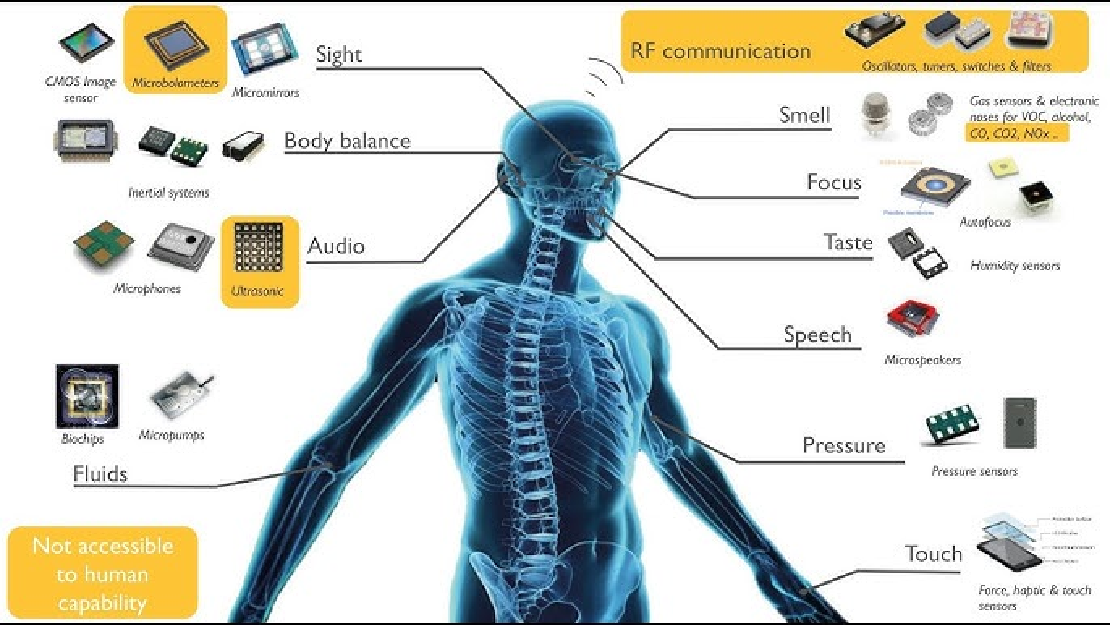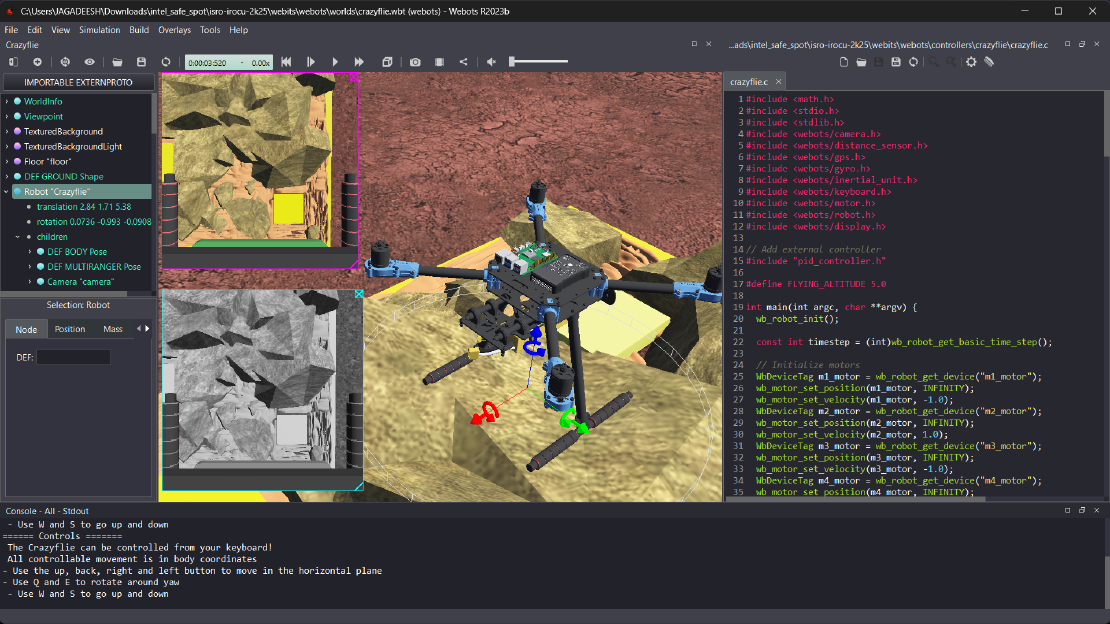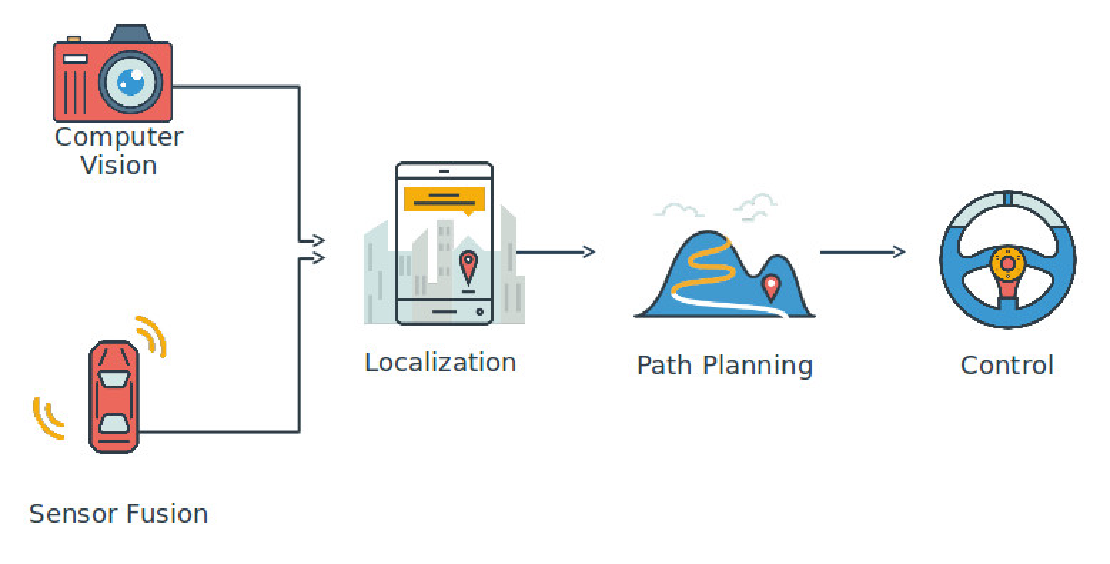
Why Blog in 2025? (And How to Get Started)
In 2025, with the internet brimming with TikToks, reels, and AI-generated articles, you might wonder—is blogging still worth it?
The answer is a resounding YES, and here’s why.
Why Blog in 2025?
Share Your Unique Perspective
In a world of AI-generated content, your personal voice matters more than ever. AI might generate the basics, but stories, experiences, and personal insights are uniquely human. Whether you’re building your first robot, sharing parenting tips, or learning a new language, your journey can inspire others.
Think about it: How many times have you Googled a problem, stumbled upon a blog, and found exactly what you needed? That could be you helping someone else.
Build Your Digital Legacy
Your blog is your corner of the internet—a space to leave your mark. Unlike fleeting social media posts, blogs are evergreen, searchable, and build a record of your growth. For developers, it can be a portfolio of your work; for creatives, it’s a gallery of your creations.
I started my blog to document my tech projects, but I realized it’s also helping me keep track of my ideas, progress, and experiments. Plus, I’ve already met people who share the same passions—thanks to this little space!
Learn as You Share
Writing is an incredible teacher. To explain something clearly, you need to truly understand it yourself.
- Developers often blog about solutions to bugs or coding techniques, which not only helps others but reinforces their own knowledge.
- For non-tech folks, writing about personal projects—whether it’s DIY, cooking, or fitness—gives clarity and keeps you motivated.
Pro Tip: Blogging can make you a better problem-solver. Breaking down problems into digestible steps is the essence of both writing and coding.
Build Connections and Opportunities
Blogging isn’t just about putting your thoughts into words; it’s about starting conversations. Your blog can:
- Attract collaborators who resonate with your ideas.
- Impress potential employers or clients by showcasing your expertise.
- Connect you with a like-minded community.
Think of it as networking without the awkward handshakes.
Stay Relevant in the AI Era
AI is great for automating tasks, but creativity, originality, and storytelling? That’s all you. A blog lets you flex those creative muscles and prove you’re not just keeping up with the times—you’re shaping them.
Why Students Should Start Blogging 🎓
As a student, blogging can be a game-changer for your personal and professional growth. Here’s why:
Showcase Your Skills:
Your blog can act as a dynamic portfolio. Whether it’s coding projects, research papers, or even creative writing, it’s a platform to demonstrate your expertise and passion. Employers and professors love seeing initiative.Document Your Learning:
Writing about what you’re learning—whether it’s a tough algorithm, a robotics project, or study hacks—helps reinforce your understanding and creates a resource for others.Stand Out:
In a competitive world, a well-maintained blog sets you apart. It shows that you’re not just a passive learner but someone who actively contributes to the community.Build Connections:
Blogging opens doors to collaborations, internships, and mentorships. Sharing your work publicly can attract like-minded peers, professors, or even recruiters.
Pro Tip for Students: Start small. Write about a project or concept you recently worked on in class—it’s a great way to begin!
How to Start Blogging in 2025
If all this has convinced you, let’s talk about how to get started! Whether you’re a dev documenting code or someone sharing life hacks, blogging has never been easier.
Choose Your Purpose
Ask yourself: Why do I want to blog?
- Is it to document your journey (like me)?
- Share your expertise?
- Build a personal brand?
- Just for fun?
Defining your purpose will help you stay motivated and give your blog a clear focus.
Pick the Right Platform
Here are a few options to suit different needs:
- Techies: Use GitHub Pages for free hosting or platforms like Jekyll/Hugo for custom setups.
- Beginners: Try WordPress or Ghost—they’re user-friendly and have tons of templates.
- Minimalists: Substack or Medium are great for simple, distraction-free writing.
What I Use: I opted for GitHub Pages because I love having full control over my blog’s look and feel.
Write What You Know (And Love)
Find your niche. You don’t need to be an expert—just share your journey as you learn.
- Devs: Write about side projects, tutorials, or debugging solutions.
- Non-devs: Document hobbies, productivity hacks, or personal experiences.
Remember: What’s obvious to you might be groundbreaking to someone else.
Keep It Simple (At First)
Don’t overcomplicate it. Your first post can be:
- An introduction to who you are.
- A story about a project you worked on.
- A simple “lesson learned” post.
It’s okay if your first post isn’t perfect—it’s better to start and improve as you go.
Leverage AI to Help You
In 2025, AI tools can make blogging easier:
- Use ChatGPT for brainstorming post ideas.
- Grammarly can polish your grammar.
- Tools like Jasper AI can even generate draft content.
But remember: your voice is the star. AI can assist, but authenticity is irreplaceable.
Promote Your Blog
Once your blog is live, share it!
- Post about it on LinkedIn, Instagram, or Twitter.
- Join communities (Reddit, Discord, forums) related to your niche.
- Collaborate with others by guest-posting or linking to their work.
If you’re consistent, people will notice.
Embrace the Process
Blogging is a journey. Don’t stress about being perfect—just keep writing, experimenting, and learning. Tools like Google Analytics can show you what’s working and help you refine your style.
Final Thoughts
Blogging in 2025 is about more than just writing—it’s about sharing your voice, building connections, and leaving a legacy. Whether you’re a coder, a hobbyist, or someone with a passion to share, there’s never been a better time to start.
Your Blog, Your Rules: It doesn’t have to be fancy. It just has to be you.
What’s Next?
If you’re thinking of starting a blog, go for it! Your ideas are worth sharing. Feel free to reach out if you need help setting things up or brainstorming ideas—I’d love to hear from you.
Ready to take the plunge? Hit that “New Blog” button and let the world hear your voice!
Related Posts

Sensors in Robotics: How Ultrasonic, LiDAR, and IMU Work
Sensors are to robots what eyes, ears, and skin are to humans—but with far fewer limits. While we rely on just five senses, robots can be equipped with many more, sensing distances, movement, vibrations, orientation, light intensity, and even chemical properties. These sensors form the bridge between the digital intelligence of a robot and the physical world it operates in.
Read more
Debugging a Robot In Simulation Before You Burn Wires
Hardware does not come with an undo button. Once you power it on, mistakes—from reversed wiring to faulty code—can result in costly damage. Motors may overheat, printed circuit boards (PCBs) can be fried, and sensors may break. These issues turn exciting projects into frustrating repair sessions. The autonomous drone shown above, designed for GNSS-denied environments in webots as part of the ISRO Robotics Challenge, is a perfect example—where careful planning, testing, and hardware safety were critical at every step
Read more
Computer Vision vs. Sensor Fusion: Who Wins the Self-Driving Car Race?
Tesla’s bold claim that “humans drive with eyes and a brain, so our cars will too” sparked one of the most polarizing debates in autonomous vehicle (AV) technology: Can vision-only systems truly compete with—or even outperform—multi-sensor fusion architectures?
Read more